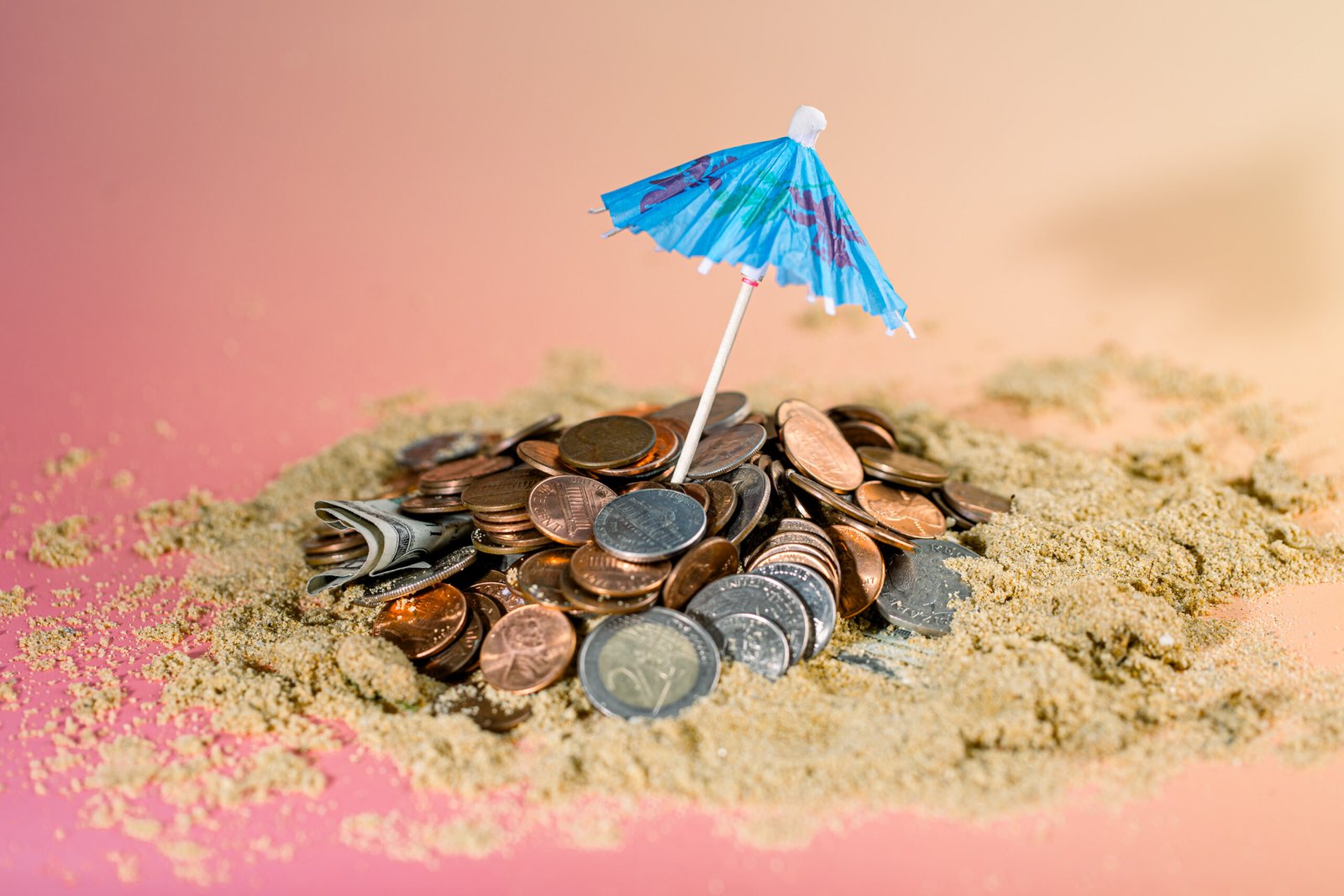The Strategic Imperative of Travel Budgeting: A Framework for Financial Control and Experiential Maximization
In an era where global exploration is increasingly accessible, the practice of creating and adhering to a travel budget has evolved from a mere suggestion to a strategic imperative for both leisure and corporate travelers. A well-structured budget is the bedrock of a successful journey, transforming a potential source of financial strain into a controlled, predictable, and ultimately more enjoyable experience. [1] It provides a financial blueprint that not only prevents overspending but also empowers travelers to make informed decisions, balancing the thrill of discovery with the necessity of fiscal responsibility. [1][2] The absence of a budget can lead to significant stress, the depletion of savings, and the risk of incurring debt, fundamentally undermining the restorative purpose of travel. [3][4] By establishing clear financial parameters before a trip begins, individuals and organizations can mitigate these risks, ensuring that the focus remains on the experience itself rather than on financial anxiety. [2] This proactive approach to financial planning allows for the prioritization of expenses, aligning spending with what is most valued, whether that be unique activities, comfortable accommodations, or culinary adventures. [2][5] Consequently, a travel budget is not a restrictive leash but a tool of liberation, offering the freedom to explore with the confidence that comes from sound financial management.
The process of constructing a robust travel budget is a meticulous exercise in research and foresight, demanding a comprehensive breakdown of all anticipated costs. [6] This begins with identifying the major expenditure categories: transportation, accommodation, food, and activities. [6] For transportation, one must account not only for primary travel methods like flights or trains but also for local transit, such as buses, ride-sharing services, and rental cars, which can accumulate into a significant expense if not properly planned for. [7][8] Accommodation costs, often the largest portion of a travel budget, require careful research into options ranging from hotels and vacation rentals to more economical choices like hostels, which can offer substantial savings. [9][10] Food is another critical component where costs can escalate unexpectedly; therefore, researching the general cost of dining at the destination and planning a mix of restaurant meals, local eateries, and self-prepared food can help maintain financial control. [7][11] Beyond these core expenses, a thorough budget must also incorporate a myriad of often-overlooked costs, including travel insurance, visa fees, foreign transaction fees, airport parking, and souvenirs. [5][7] A crucial element of a successful budget is the inclusion of a contingency fund, typically around 10% of the total budget, to cover unforeseen expenses or spontaneous opportunities, providing a necessary buffer against the unpredictability of travel. [5][6] This detailed and realistic financial plan, established well in advance, serves as the essential framework for a financially sound journey. [12]
Adherence to a travel budget while on the road requires a combination of disciplined habits, strategic choices, and the leverage of modern technology. A fundamental strategy is to track every expense, no matter how small, as minor purchases can quickly accumulate and derail a budget. [9][11] This can be accomplished through a simple notebook or, more efficiently, through a variety of specialized budgeting apps like TravelSpend, Trabee Pocket, or Splitwise for group travel, which offer features like real-time expense logging, currency conversion, and shared expense management. [13][14] Setting a daily spending limit is another effective technique, providing a clear and simple metric to guide daily purchasing decisions and prevent gradual overspending. [2][9] Conscious choices, such as opting for public transportation over taxis, preparing some meals instead of dining out for every meal, and being selective about paid attractions, can yield significant savings. [11][15] Exploring local markets, parks, and free museums can provide authentic and memorable experiences without straining the budget. [6] Furthermore, traveling during the off-season or shoulder seasons can dramatically reduce the costs of flights and accommodations. [16] By combining diligent tracking with mindful spending and strategic planning, travelers can ensure their expenditures remain aligned with their predetermined financial plan, allowing them to fully immerse themselves in the travel experience without the looming concern of financial overruns.
The discipline of travel budgeting extends its benefits far beyond the duration of a single trip, fostering a more profound and sustainable relationship with personal finance and future travel aspirations. The act of planning, saving for, and sticking to a travel budget cultivates valuable financial literacy and discipline that can be applied to broader financial goals, such as saving for a down payment on a house or investing for retirement. [17] It transforms travel from an impulsive, potentially debt-inducing activity into a planned and rewarding investment in experiences. [15][18] This mindful approach to spending can also enhance the travel experience itself, encouraging more creative and authentic explorations that often lie off the beaten path and away from expensive tourist traps. [19][20] Moreover, the psychological benefits are substantial; traveling without the constant worry of overspending reduces stress and anxiety, allowing for a more present and restorative vacation. [2][21] The positive feelings associated with a well-managed trip can last long after returning home, reinforcing the value of financial planning. [22] By consistently applying these principles, travelers can create a sustainable model for exploration, enabling more frequent or ambitious journeys in the future without compromising their long-term financial security. [23] Ultimately, mastering the art of travel budgeting is an investment in both memorable adventures and a secure financial future.



